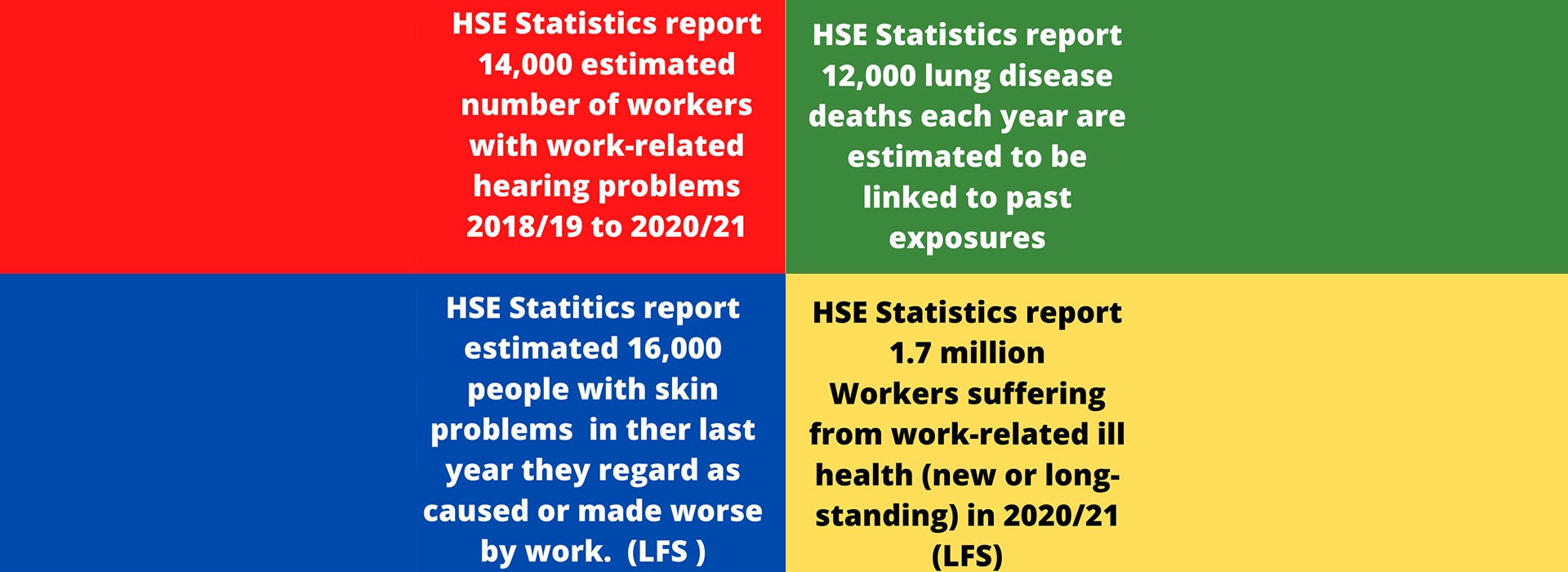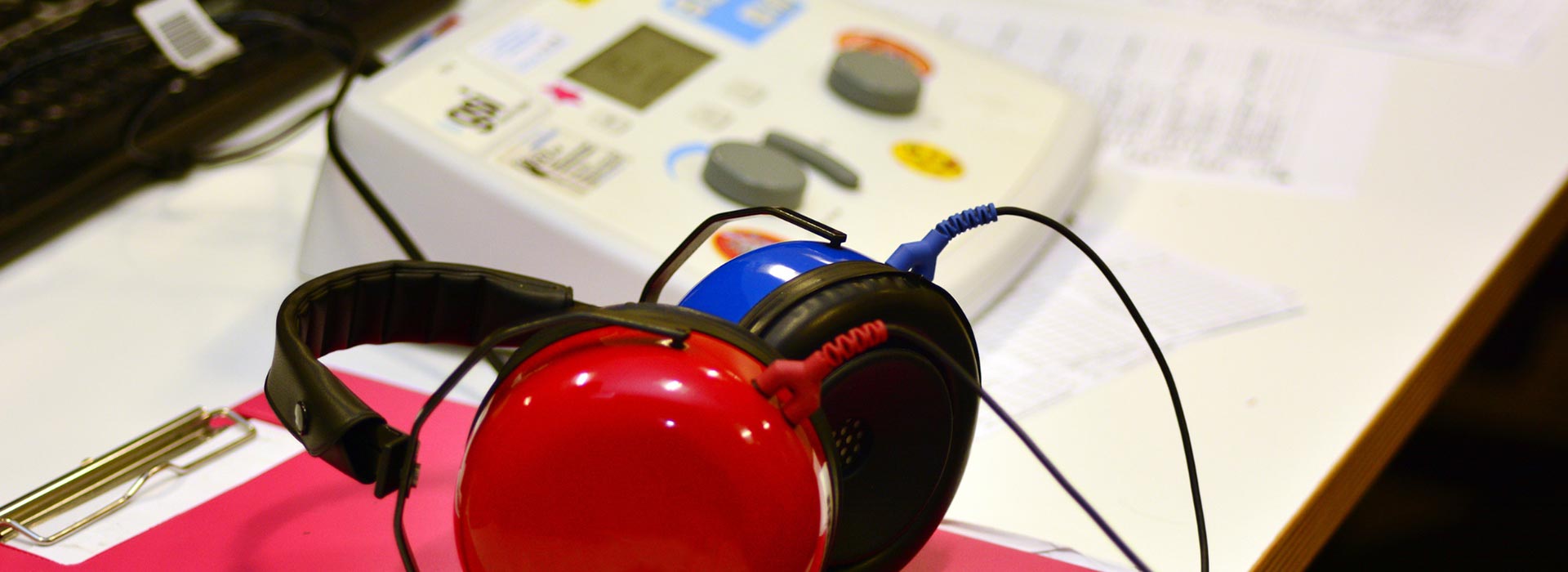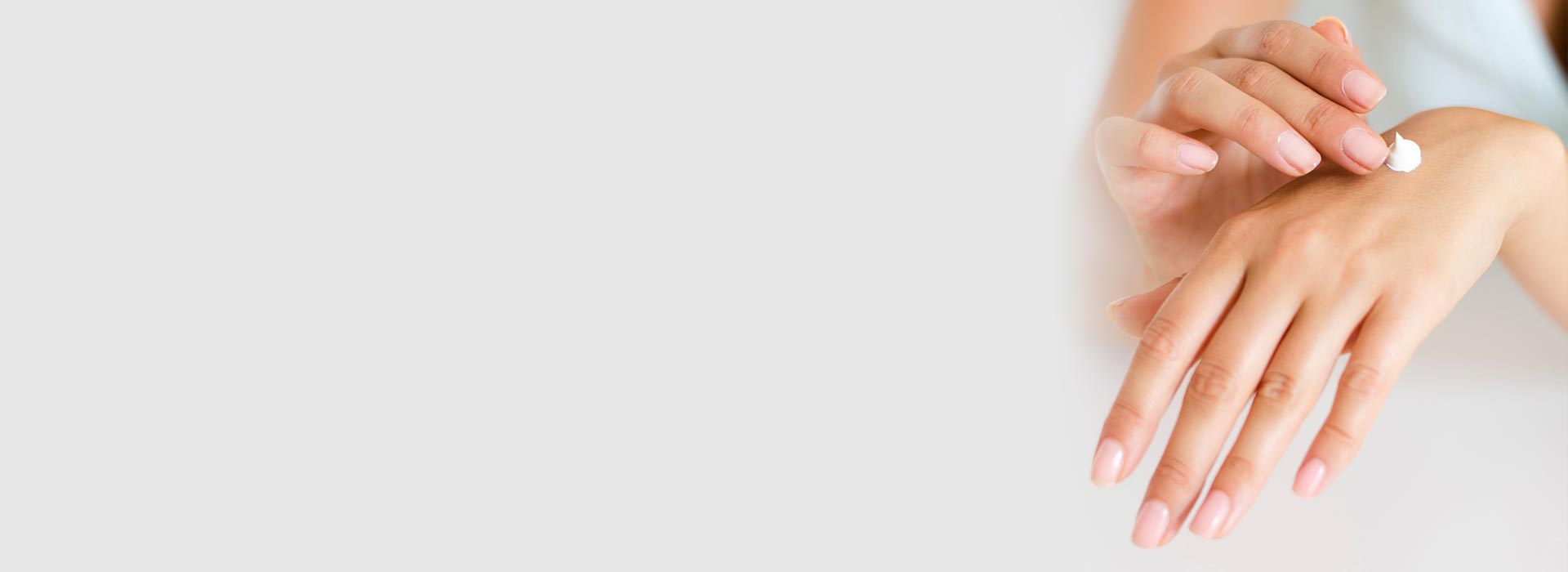Health surveillance is a scheme of repeated health checks which are used to identify ill health caused by work. Health and safety law , in particular, The Control of Substances Hazardous to Health Regulations (“COSHH”) require health surveillance when your workers remain exposed to health risks even after you have put controls in place.
Health Surveillance & Workplace Exposure
Health Surveillance
Our qualified occupational health technicians will come to your site and carry out the tests on your employees. Our occupation health services include:-
- Audiometry (Hearing Testing)
- Spirometry (Lung Function Testing)
- Skin Assessments
All data held is compliant with the Data Protection Act 1998 and the General Data Protection Regulation (EU) 2016/679 (“GDPR”).
What Is Health Surveillance?
Health surveillance is a scheme of repeated health checks which are used to identify ill health caused by work. This is because control measures may not always be reliable, despite appropriate checking, training and maintenance.
Why do I need Health Surveillance?
HSE Vital statistics show :-
- 14,000 Estimated number of workers with work-related hearing problems
- 12,000 Lung disease deaths each year estimated to be linked to past exposures at work
- 17,000 Estimated annual new cases of self-reported breathing or lung problems caused or made worse by work
- 16,000 estimated number of workers working within the last year with skin problems they regard as caused or made worse by work.
Source: LFS via HSE wesbite
Health surveillance is a legal requirement in specific circumstances when there is still some residual risk to worker’s health despite the control measures you may have put in place, and they are likely to be exposed to:
- noise
- vibration
- substances that are hazardous to health
Health surveillance is used to identify occupational diseases, such as:
- chronic obstructive pulmonary disease
- occupational asthma
- dermatitis
- silicosis
Medical surveillance
As defined in certain regulations, you must use medical surveillance where there could be exposure to certain high hazard substances or agents. A doctor appointed by HSE must do the medical surveillance, except for some lower risk asbestos work. This includes work with:
- asbestos
- lead
- ionising radiation
- compressed air
- COSHH
Benefits of Health Surveillance
The benefits of implementing health surveillance are:-
- They can help to detect ill-health effects at an early stage, so employers can introduce better controls to prevent them getting worse.
- Provides data to help employers evaluate health risks their processes may be creating
- Enables employees to raise concerns about how work affects their health.
- Highlights lapses in workplace control measures, therefore providing invaluable feedback to the risk assessment.
- Provides an opportunity to reinforce training and education of employees
Record Keeping
Employers must keep records for all workers under health surveillance. They must be kept for at least the period specified in the relevant regulations, for example 40 years under the Control of Substances Hazardous to Health Regulations (COSHH) 2002. Where regulations do not specify how long they should be kept for, the health record should be kept at least while you employ the worker.
Workplace Exposure Monitoring
Our occupational hygiene services include:
- Exposure surveys for dust, fume, oil mists and vapours
- Exposure surveys for biological agents and endotoxin
- Noise surveys and assessment
- Hand arm vibration and whole body vibration measurement
The Control of Substances Hazardous to Health (COSHH) Regulations 2002 places a duty on to employers to undertake assessments to evaluate the risks to health when using hazardous substances in the workplace
1ST Safety Ltd along with our partners have extensive experience of undertaking Workplace Exposure Monitoring and Assessments in a wide range of industrial and manufacturing environments. All exposure monitoring will be undertaken by qualified occupational hygiene consultants, holding relevant BOHS qualifications.
Using current sampling methodology and equipment we can undertake comprehensive Workplace Exposure Monitoring for industrial and commercial clients throughout the UK, that meets all current HSE guidelines.
Contact a member of the team today for a quotation




